Scientific Reports by Mailin Gaupp-Berghausen, Martin Hofer, Boris Rewald & Johann G. Zaller Scientific Reports 5, Article number: 12886 (2015); doi:10.1038/srep12886 Received:02 February 2015; Accepted:07 July 2015; Published online:05 August 2015 Source: Dodo-Bird Abstract Herbicide use is increasing worldwide both in agriculture and private gardens. However, our knowledge of potential side-effects on non-target soil organisms, even on such eminent ones as earthworms,… Read more »
Search Results for: regenerative agriculture
On Pasture: Where Cows Belong
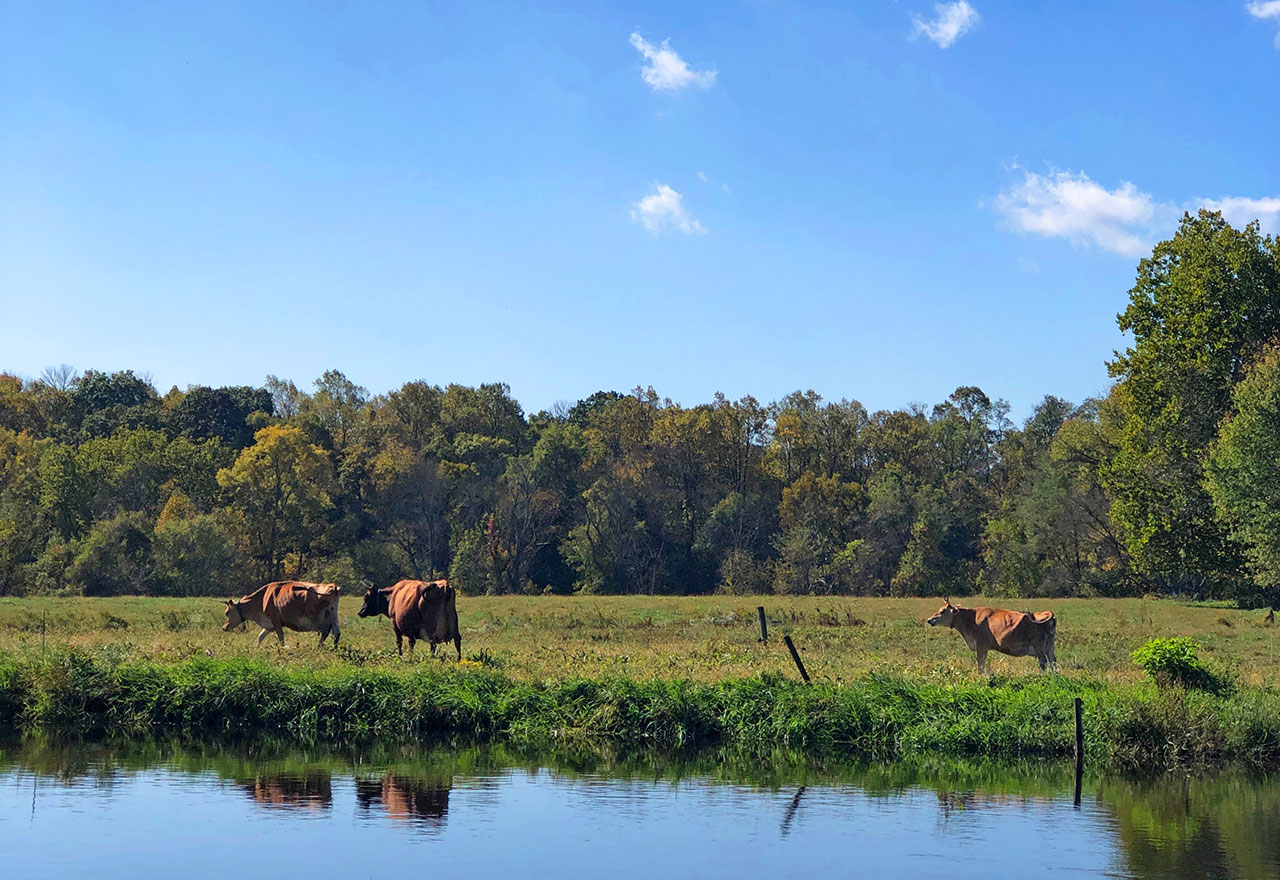
If you drink milk, your morning glass may conjure images of cows grazing and napping on a bright spring morning. Yet the majority of dairy in the US comes from conventional factory farms where confined cows are fed concentrates, including genetically modified corn and soy, and even waste products from other industries, such as stale… Read more »
What’s the Buzz Around A2 milk?
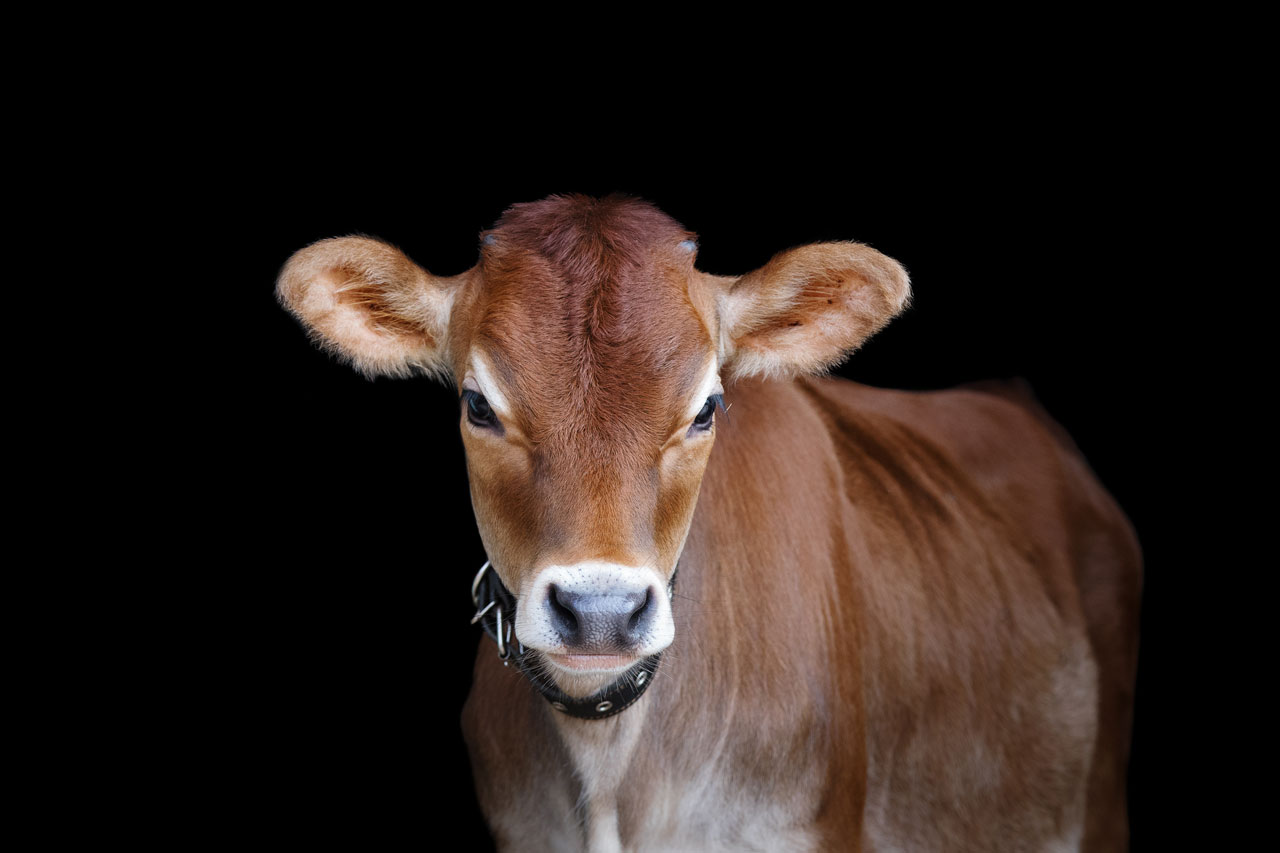
You may have seen a label becoming more common on your dairy shelves: A2 milk. What is A2 milk, and why do some people claim that it solves gastrointestinal issues they otherwise get from dairy? A2 isn’t really new. In fact, it’s been around for as long as humans have been drinking milk. The difference… Read more »
Everything You Wanted to Know about A2 Milk
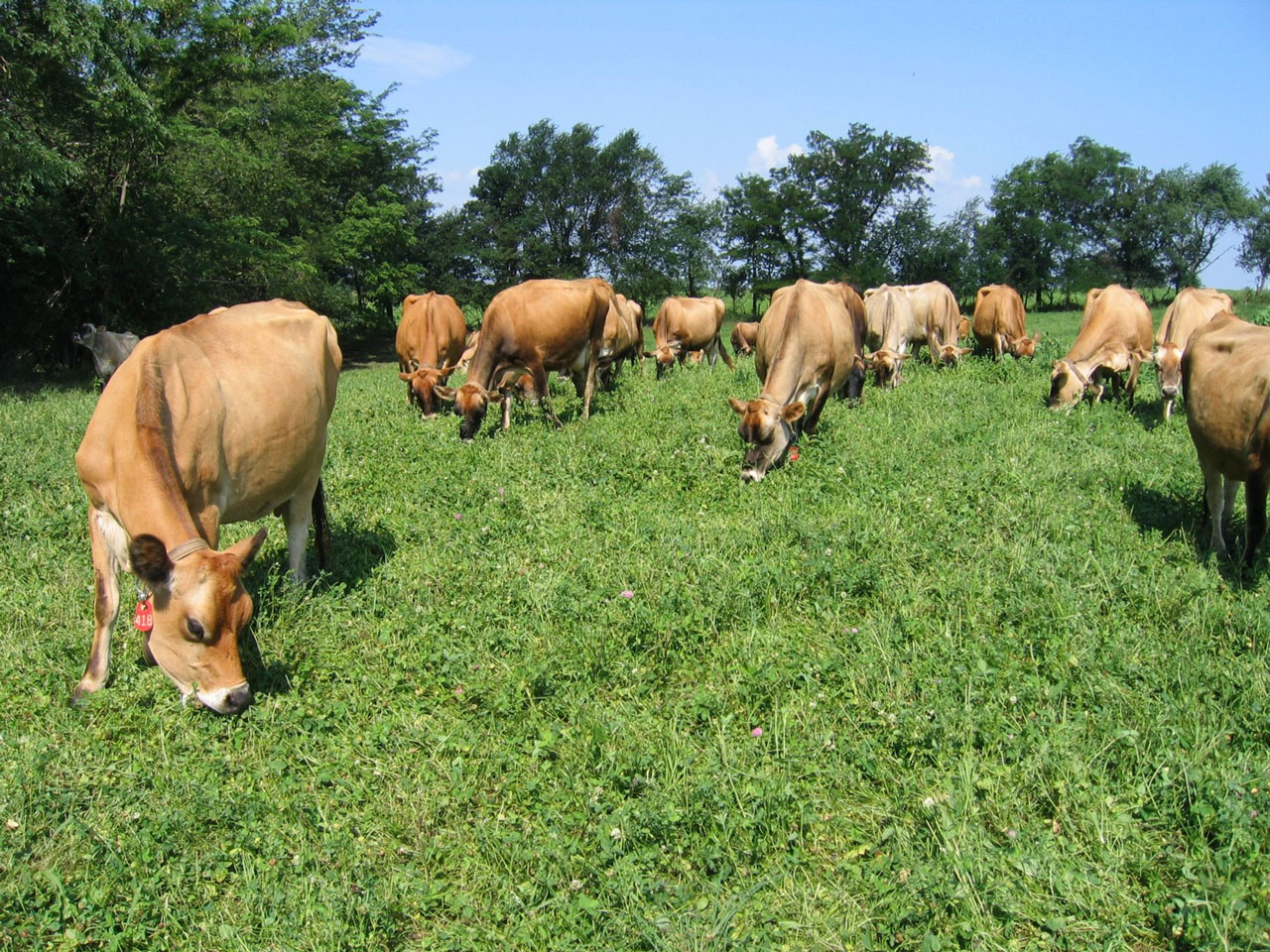
By Kestrel Burcham, JD There is some buzz in the dairy marketplace about A2 milk — but what is it? And why do some people claim it solves the gastrointestinal issues that drinking cows’ milk usually gives them? A Difference in Milk Proteins The two major types of protein in cows’ milk are casein and… Read more »
The Nutritional Value of 100% Grass-Fed Organic Milk
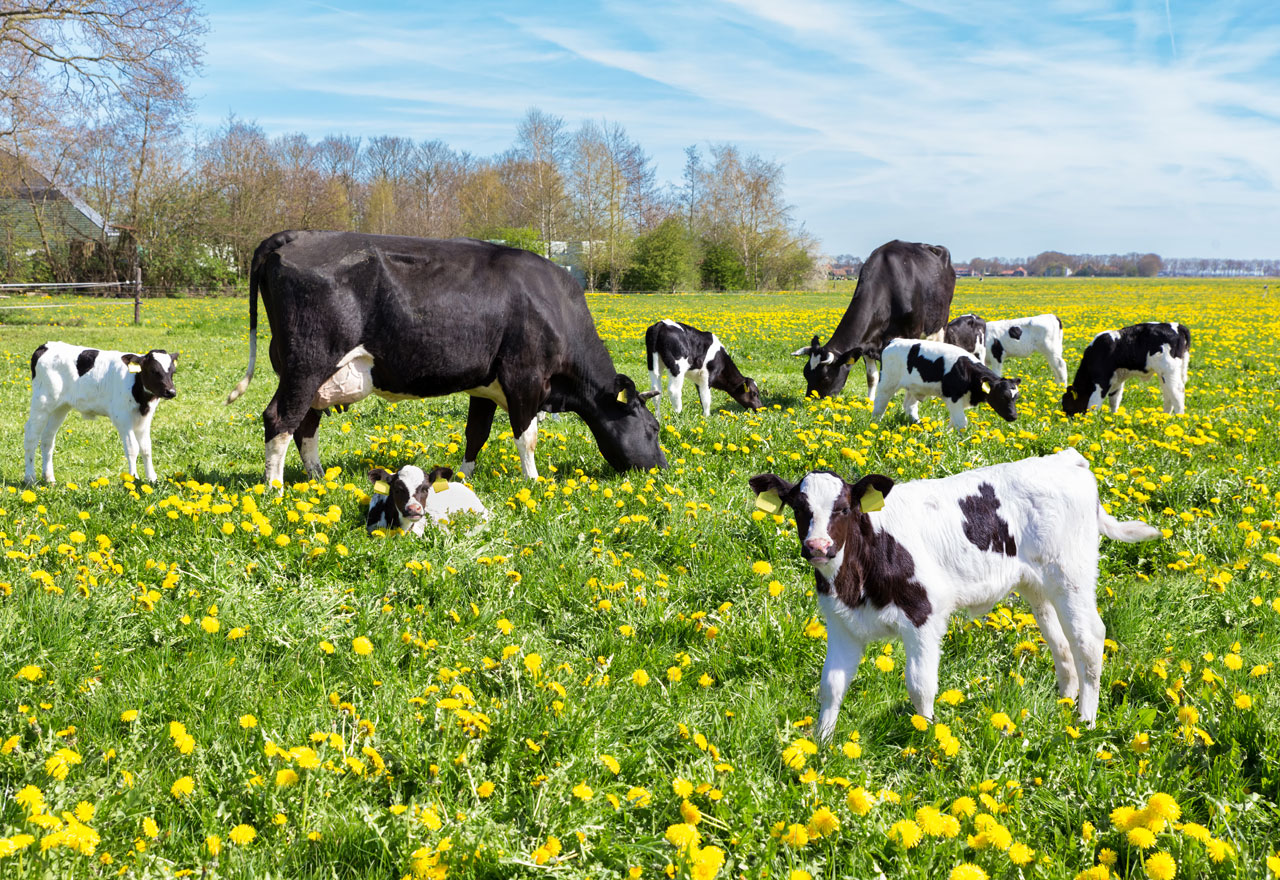
Dairy products labeled 100% grass fed are gaining popularity in the marketplace for good reason: As with all living things, cattle “are what they eat”! Cattle, along with sheep and goats, are ruminants, meaning they evolved to eat and subsist on green forage. In stark comparison to cows in conventional dairies that are fed grain,… Read more »
Carrageenan Makes Me Sick: Personal Stories
Cornucopia has heard from many people who suffer ill health effects from ingesting carrageenan. [Learn more about carrageenan, including a guide to help you avoid this inflammatory ingredient, on our research page.] We shared the following stories with regulators at the fall 2016 National Organic Standards Board meeting: “I suffer from sensitivity to carrageenan which… Read more »
Radiance Dairy
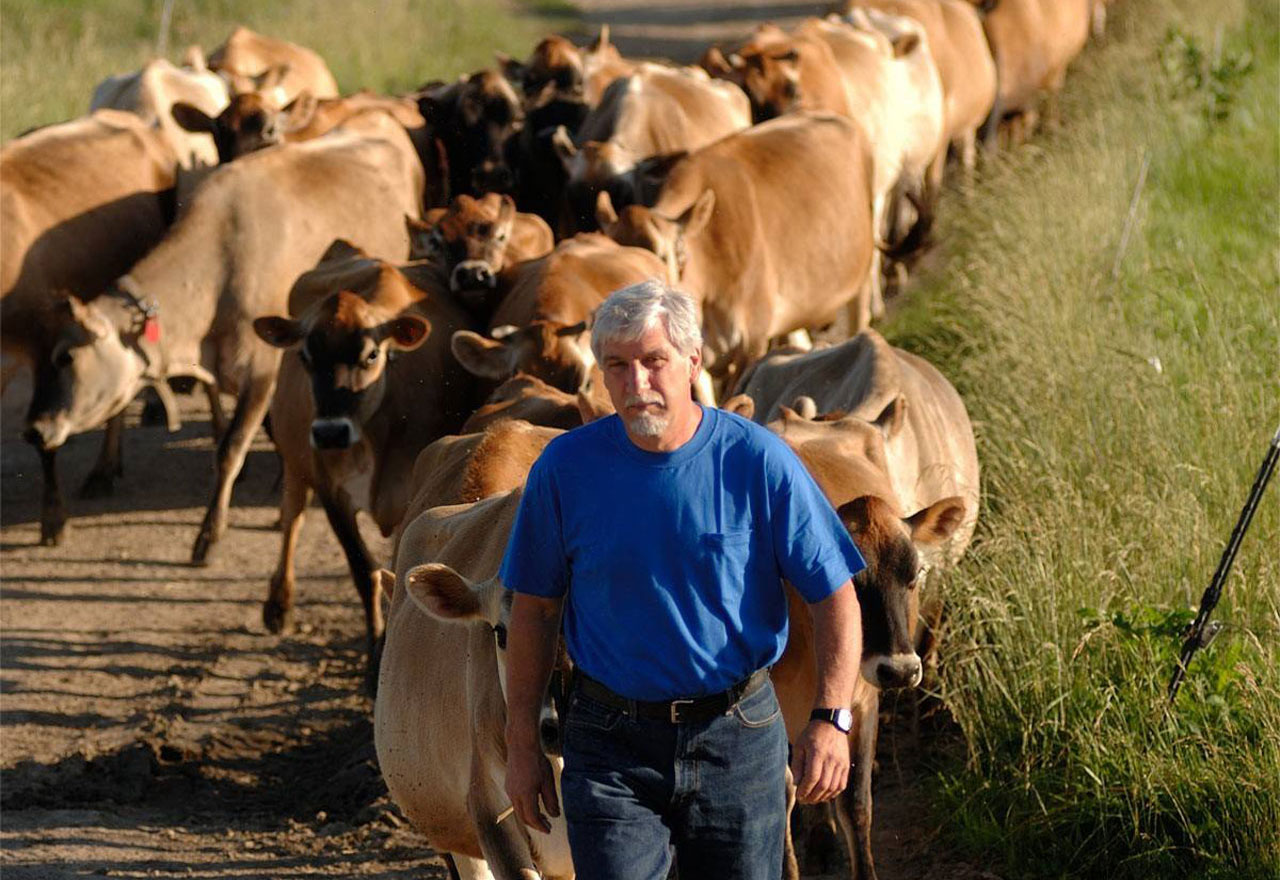
Radiance Dairy Redefines Milk Francis Thicke is used to fielding questions about his products. “Why does your milk have a yellow tinge?” Because the cows are on pasture. “Why do I need to shake your whole milk?” Because it’s creamline milk, which hasn’t been homogenized, meaning the fat molecules are still intact. But the most… Read more »
Thistle Hill Farm
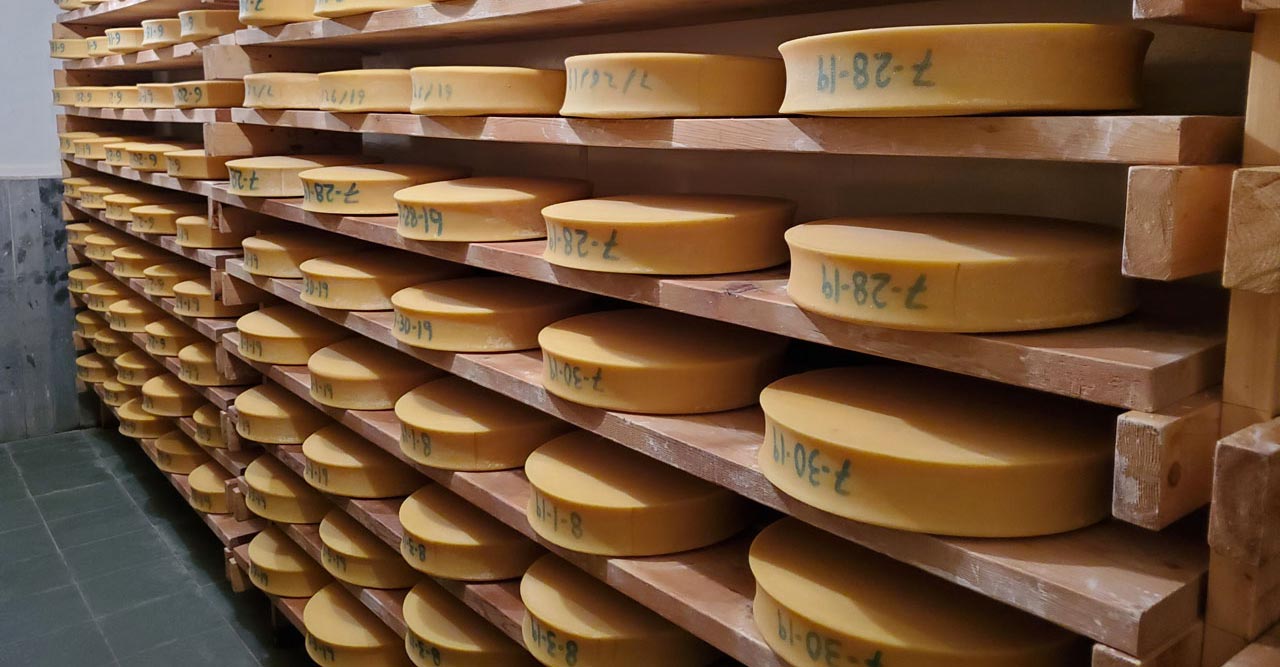
Accolades from the American Cheese Society, the United States Championship Cheese Contest, and the UK’s World Jersey Cheese Awards, among others, line an entire wall of the cheese house at Thistle Hill Farm in North Pomfret, Vermont. By way of a Boston law firm (John) and EPA subcontracting (Janine), these unlikely cheesemakers have created a… Read more »
Strafford Organic Creamery
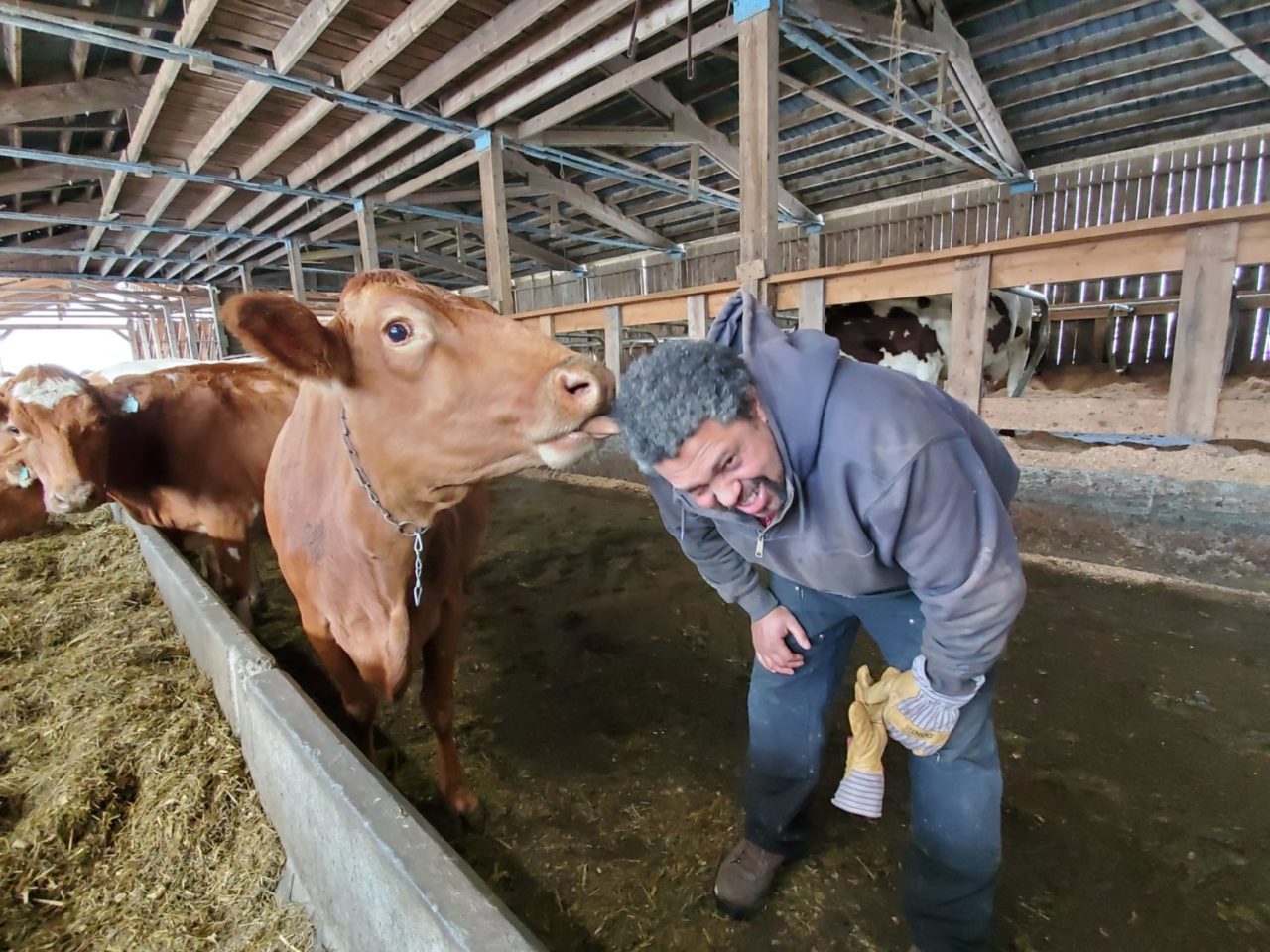
A wild orchard hugs the driveway. The sleepy sugar shack awaits syrup season. And large round bales, set to sustain the herd of Guernsey cows until the growing season, stack high against the calf barn. Strafford Organic Creamery exudes a charm that is quintessentially Vermont. Second-generation dairy farmer Earl Ransom explains, “We strive to grow… Read more »
Tide Mill Farm
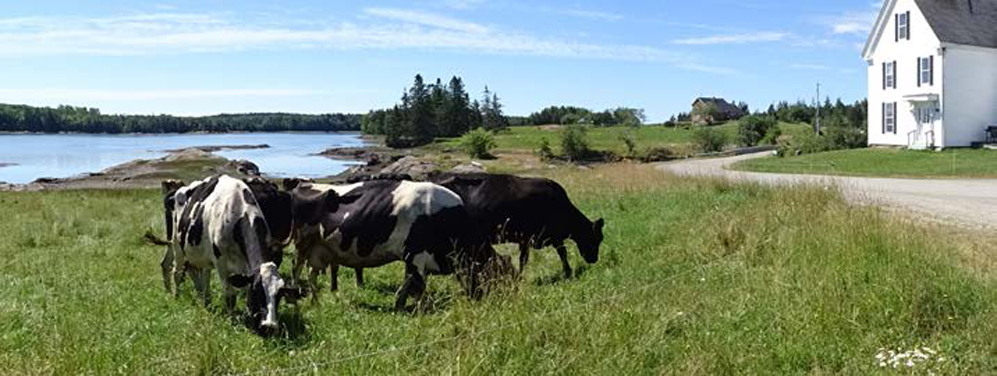
“It was a very sad day in the late 70s when I watched the cows leave the farm after the bottom went out of milk prices. I never anticipated that they would return,” remembers Jane Bell. Jane moved to Tide Mill Farm after marrying seventh-generation farmer Robert Bell. Their son, Aaron, was born that same… Read more »

